Neosaline | Oral Powder | 10.25 gm | 1 pcs
৳ 6.00
Brand Name: Neosaline Oral Powder
Generic: Oral Rehydration Salt [Powder]
10.25 gm
Manufacturer: Eskayef Pharmaceuticals Ltd.
10.25 gm sachet: ৳ 6.00 (50’s pack: ৳ 300.00)
Composition
Reduced osmolarity: 1/2 liter formula (10.25 gm): Per sachet contains-
- Sodium chloride 1.30gm
- Potassium chloride 0.75 gm
- Tri-sodium citrate dihydrate 1.45 gm
- Glucose anhydrous 6.75 gm
Higher osmolarity: 1/2 liter formula (13.95 gm): Per sachet contains-
- Sodium chloride 1.75 gm
- Potassium chloride 0.75 gm
- Tri-sodium citrate dihydrate 1.45 gm
- Glucose anhydrous 10 gm
Higher osmolarity: 1 liter formula (27.50 gm): Per sachet contains-
- Sodium chloride 3.5 gm
- Sodium biocarbonate 2.5 gm
- Potassium chloride 1.5 gm
- Glucose anhydrous 20 gm
Indications
Therapeutic Class
Description
Pharmacology
Oral rehydration salts are given orally to prevent or treat dehydration due to acute diarrhoea. Essential water and salts are lost in stools and vomiting, and dehydration results when blood volume is decreased because of fluid loss from the extracellular fluid compartment. Preservation of the facilitated glucose-sodium co-transport system in the small-bowel mucosa is the rationale of oral rehydration therapy. Glucose is actively absorbed in the normal intestine and carries sodium with it in about an equimolar ration. Therefore, there is a greater net absorption of an isotonic salt solution with glucose than one without it.
Potassium replacement during acute diarrhoea prevents below-normal serum concentrations of potassium, especially in children, in whom stool potassium losses are higher than in adults. Bicarbonates are effective in correcting the metabolic acidosis caused by diarrhoea and dehydration.
Dosage & Administration
Children less than 2 years: After each loose stool or vomiting 10 to 20 spoonful (50-100 ml).
Children 2 to 10 years: After each loose stool or vomiting 100-200 ml of prepared oral saline.
Adult and children above 10 years: After each loose stool or vomiting 200-400 ml of prepared saline.
Interaction
Contraindications
Side Effects
Pregnancy & Lactation
Precautions & Warnings
| Generic Name | Oral Rehydration Salt [Powder] |
|---|---|
| Size | 10.25 gm |
Only logged in customers who have purchased this product may leave a review.


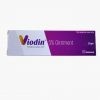

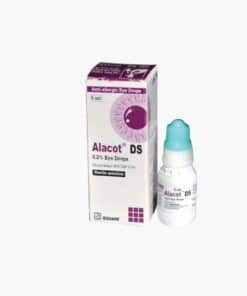
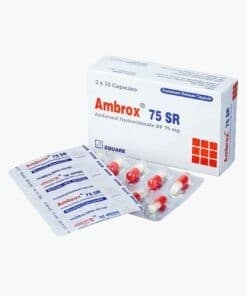

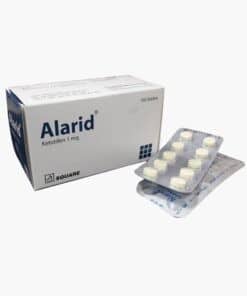
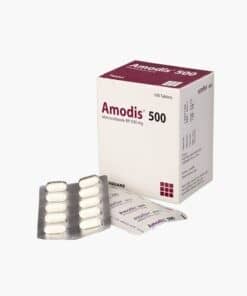
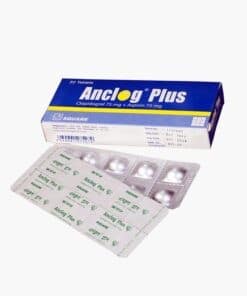
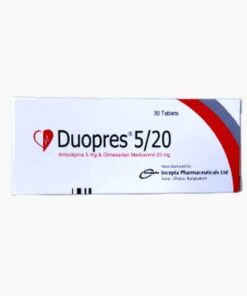
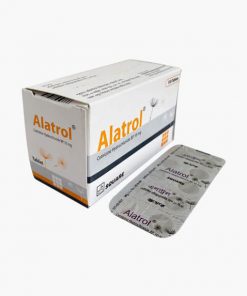
Reviews
There are no reviews yet.